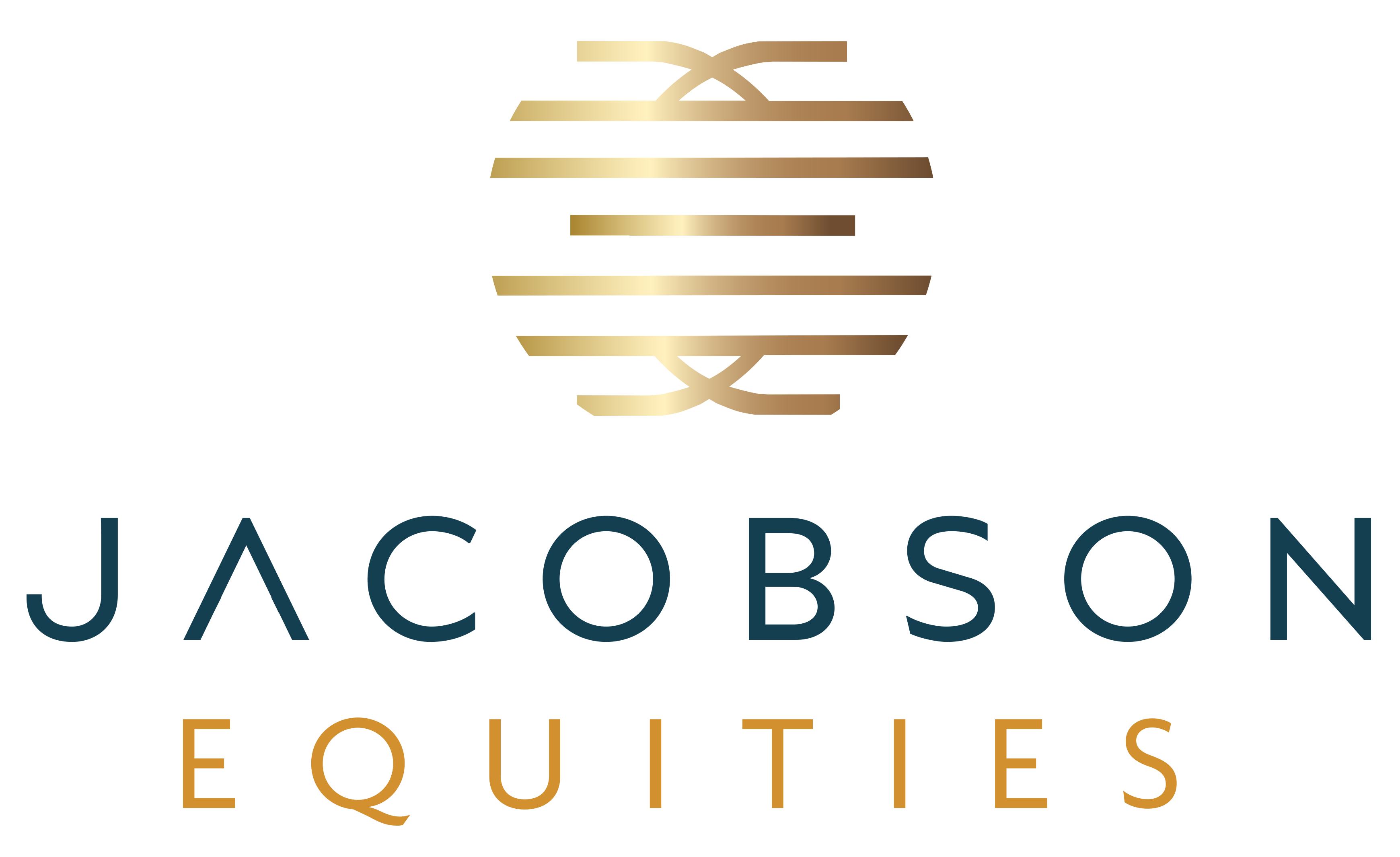For decades, investors and managers divided investments among real estate’s four food groups — office, retail, industrial and multifamily. It was easy and clean. Everyone understood what was being discussed.
But times have changed. Global societies and economies are being shaped by powerful megatrends, from climate change and environmental sustainability to health and wellness. These shifts create compelling opportunities that thematic strategies can capitalize on by investing in assets that are well positioned to benefit from the structural changes underlying the theme.
Instead of sectors, real estate is now more likely to be discussed based on themes, such as decarbonization, smart cities, the future of work, digital communications and life sciences, among others. That doesn’t mean that sectors have become passé. On the contrary, they have become more important than ever as managers dive into sector characteristics to match the best sector with future needs.
But they have become more nuanced and more complicated. It’s similar to dividing literal food groups among various cuisines. People are still eating vegetables, grains and proteins, but how they are prepared and how they taste depends on whether the dish is Thai, Tex-Mex, German or Cajun.


